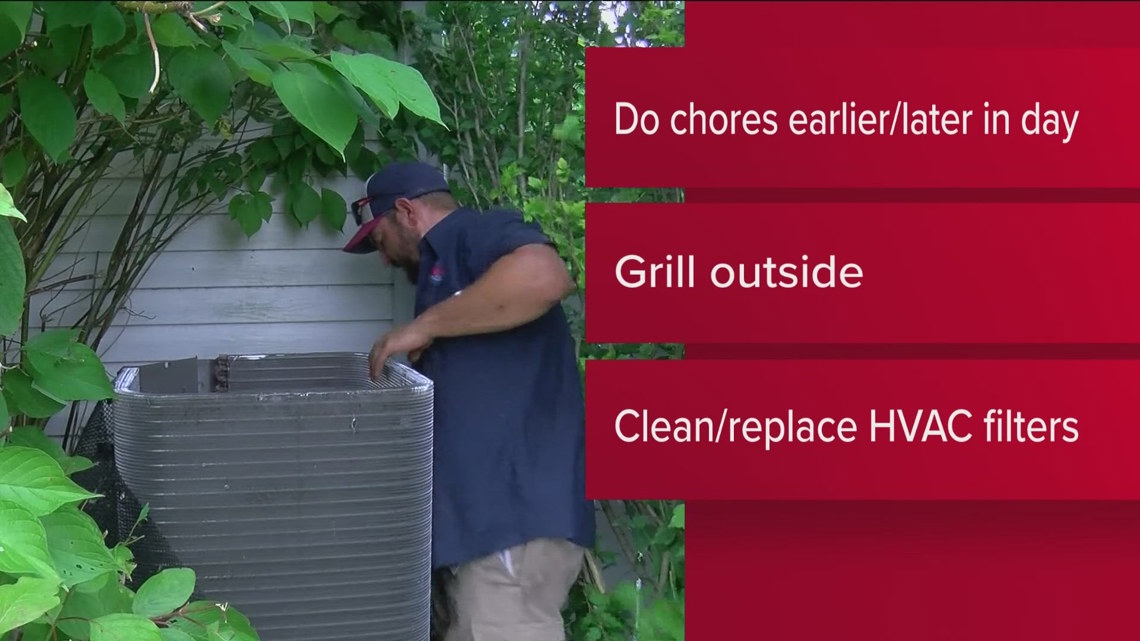Simple home adjustments today can reduce your energy bill later — and keep your family safe during extreme heat.
TOLEDO, Ohio — As a prolonged heat wave grips northwest Ohio and southeast Michigan, energy bills can climb fast – especially if your air conditioner is working overtime to keep you cool.
But experts say there are small things you can do right now to help lower your utility bill later – and still stay safe. Many of the changes are simple and low-cost, but they can add up to big savings.
Here’s a list of money-saving tips, backed by energy experts, to help you beat the heat and avoid a high bill this summer:
Change how and when you use appliances
- Run your washer, dryer and dishwasher early in the morning or late at night.
The U.S. Department of Energy recommends using large appliances during off-peak hours to reduce both your costs and strain on the electric grid. - Air-dry clothes and dishes when possible to avoid extra indoor heat.
- Avoid using the oven during the hottest part of the day. The Energy Star program advises using a microwave, slow cooker or outdoor grill instead.
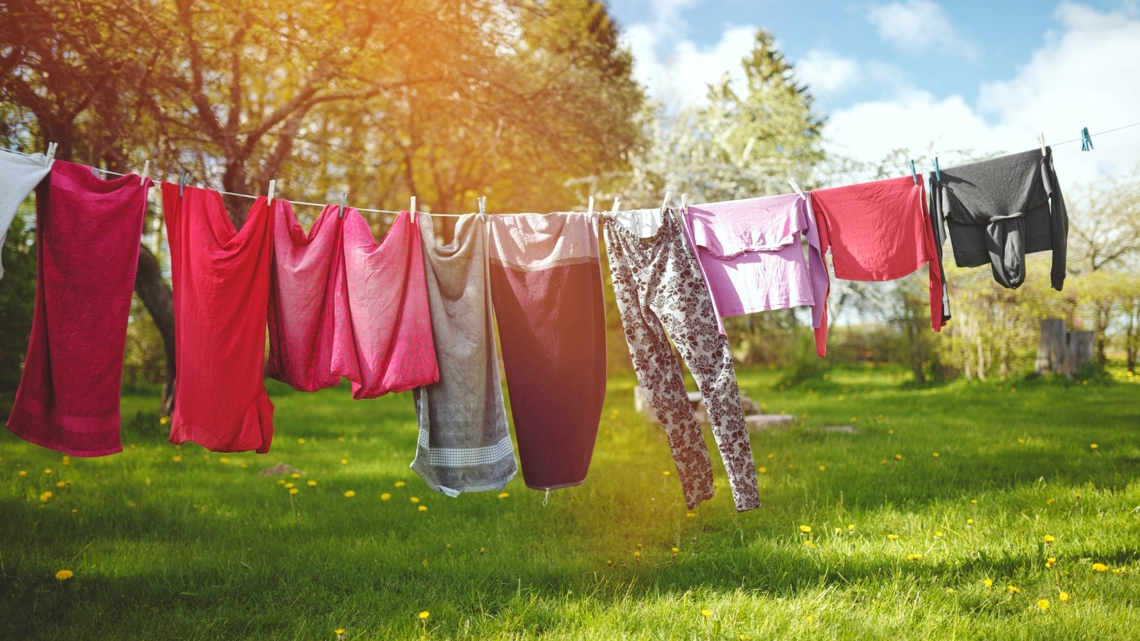
Help your AC work smarter, not harder
- Set your thermostat to 78°F when you’re home (yes, we were surprised at that temperature, too) and even higher when you’re away. Both the U.S. Department of Energy and the U.S. EPA’s Energy Star programs cite 78°F as the ideal temperature for cooling and energy efficiency. According to Trane and the U.S. Department of Energy, every degree you raise the thermostat above 72°F can save around 3% on cooling costs.
- Use ceiling fans while you’re in the room.
The DOE emphasizes that fans cool people, not rooms, and should be turned off when not in use. - Keep curtains or blinds closed on south- and west-facing windows.
The American Council for an Energy-Efficient Economy recommends reflective window coverings or blackout curtains to reduce heat gain. - Seal leaks around doors and windows.
Energy Star says sealing air leaks can cut cooling costs by up to 15%.

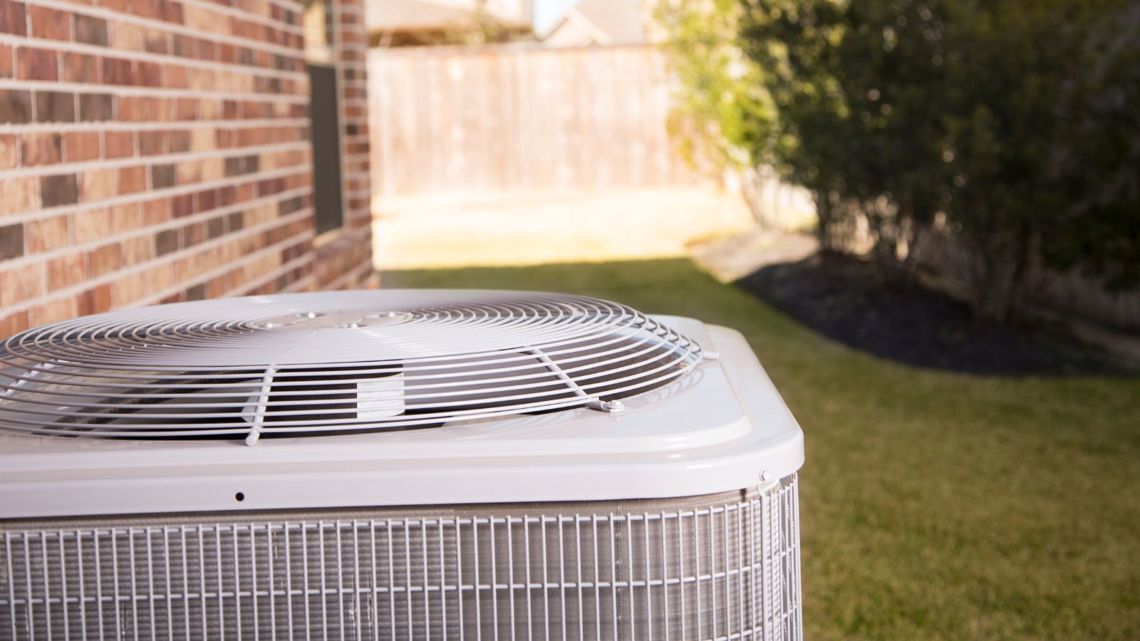
Quick upgrades and fixes that save
- Switch to LED light bulbs.
The EPA reports that LEDs give off less heat and use up to 75% less energy than traditional bulbs. - Replace or clean air filters regularly.
The DOE recommends checking filters monthly in the summer. A dirty filter can increase energy use by 5–15%. - Install a smart thermostat or program temperature settings.
Energy Star estimates that smart thermostats can save up to 8% annually on heating and cooling costs.

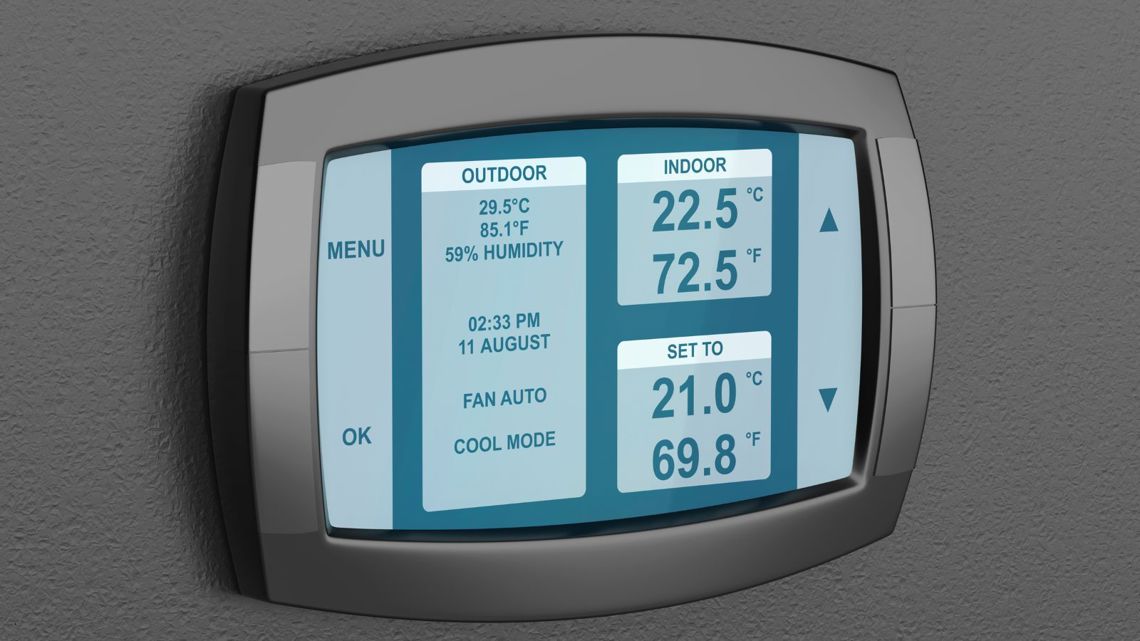
Optimize your setup and daily habits
- Unplug devices you’re not using.
According to the Lawrence Berkeley National Laboratory, “vampire” devices like phone chargers and game consoles can make up 5-10% of your electric bill. - Avoid running multiple heat-producing electronics at once.
- Use a dehumidifier.
The Department of Energy says reducing indoor humidity can make the air feel several degrees cooler, reducing AC usage.
Check with your utility company
- Look into time-of-use pricing plans.
Some providers offer discounted rates for shifting usage to off-peak hours. - Explore energy assistance or efficiency programs.
Households may qualify for weatherization or bill relief through state and county home energy assistance programs.

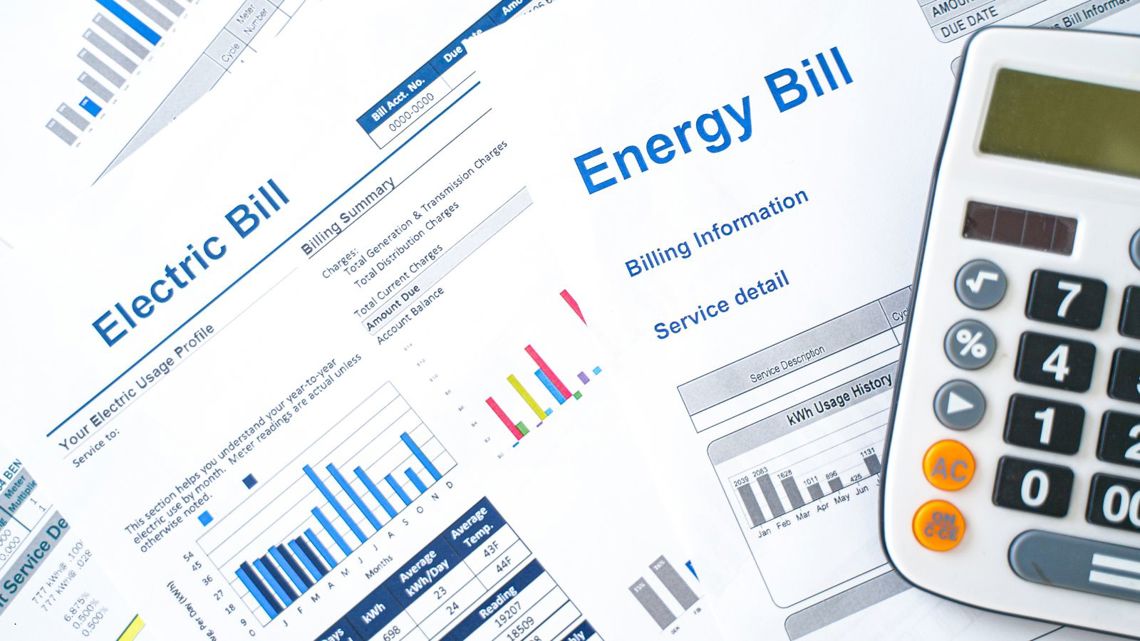
Don’t trade safety for savings
- Don’t turn your AC off completely during extreme heat.
The National Weather Service recommends raising the thermostat a few degrees rather than shutting it off, which can put your health at risk and cost more to cool back down. - Stay hydrated and check on neighbors, especially seniors or those with health conditions.
The CDC lists older adults and young children as particularly vulnerable during long periods of high heat.
For ongoing heat coverage, including weather alerts and safety tips, follow the WTOL 11 Weather Team on air, on the WTOL 11+ app, or online at WTOL.com.
